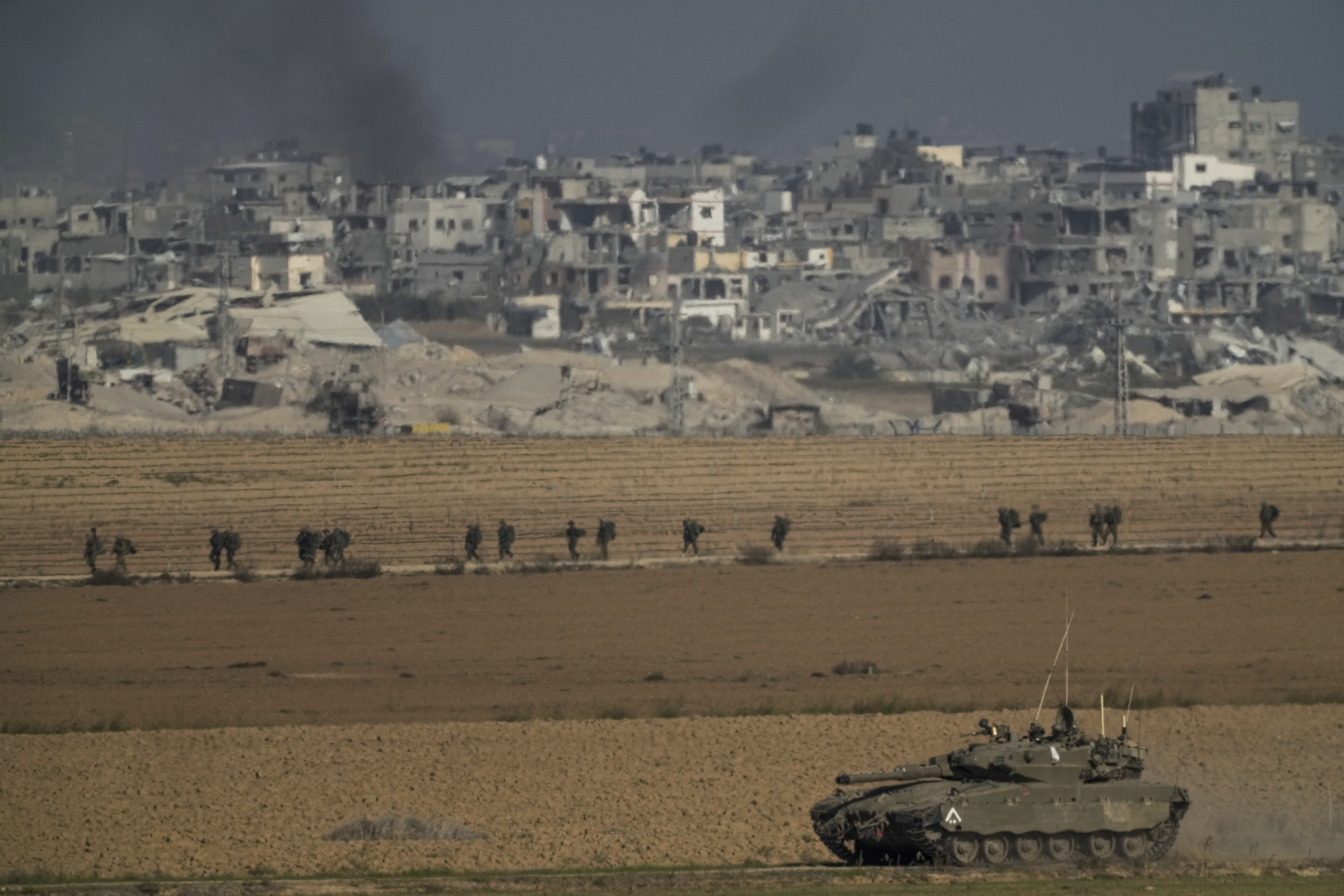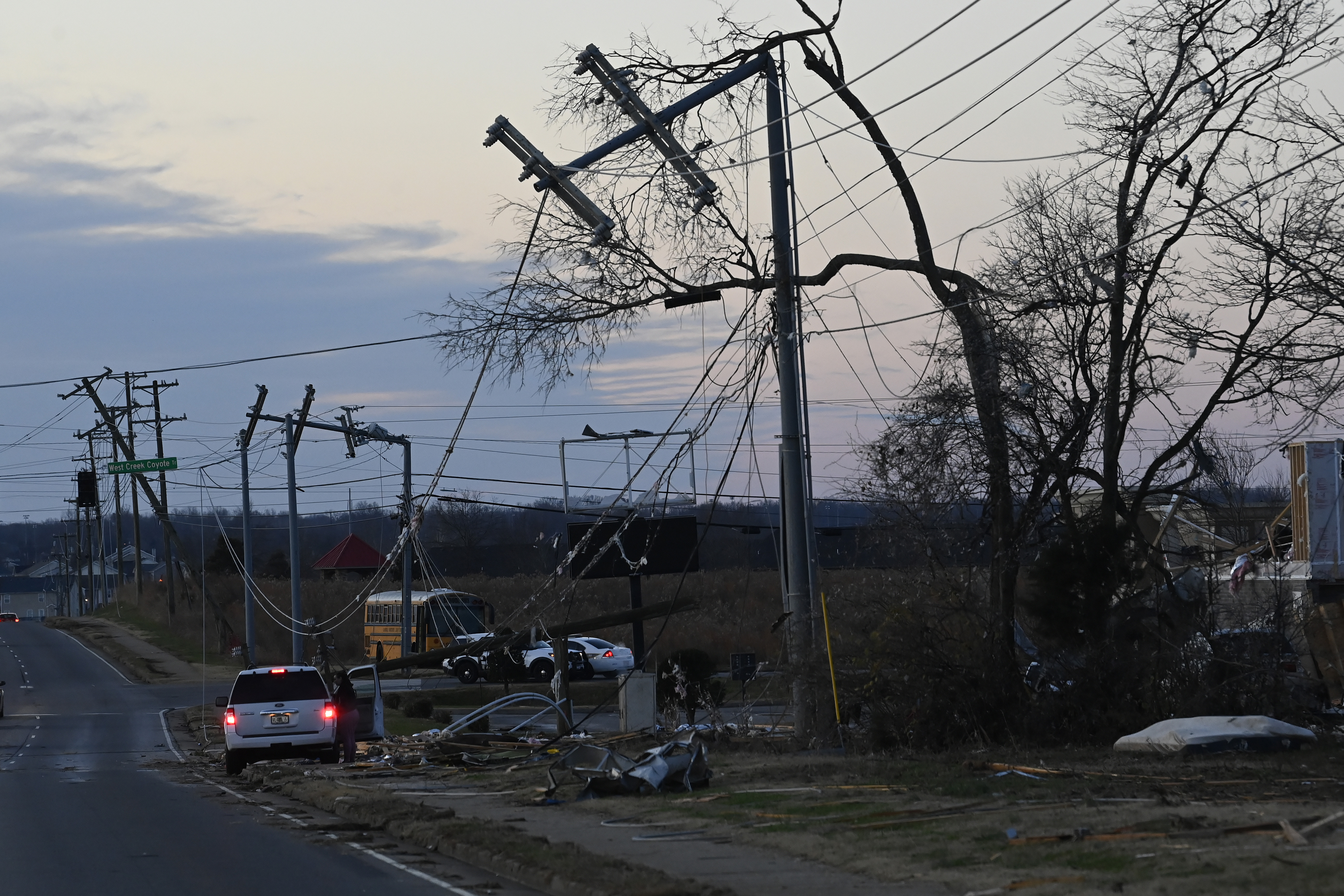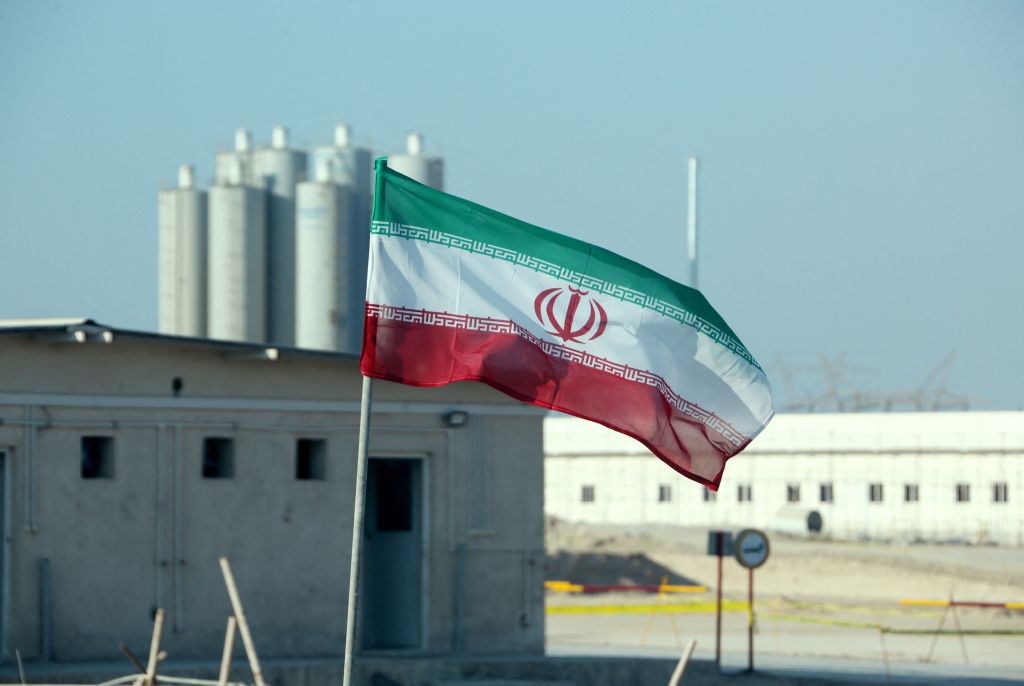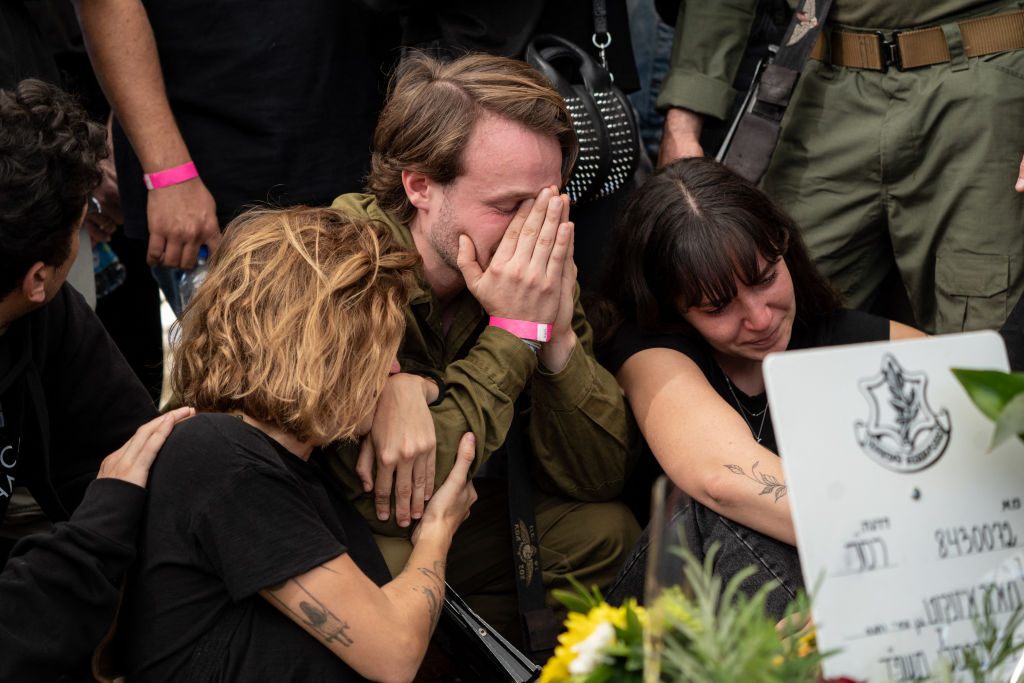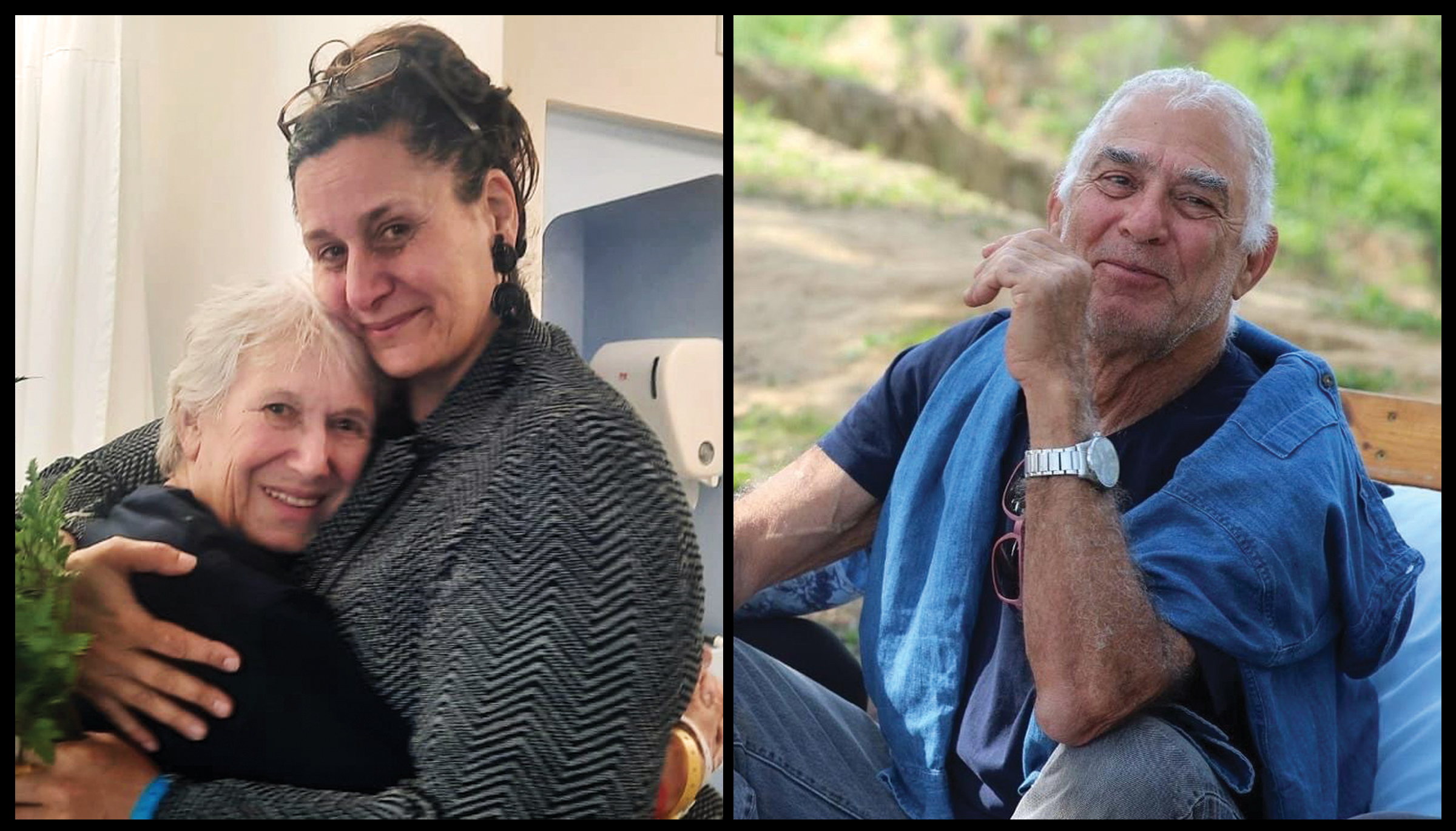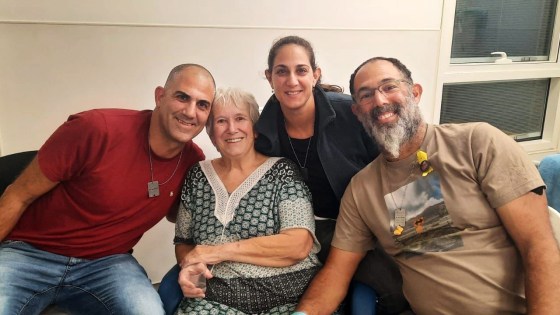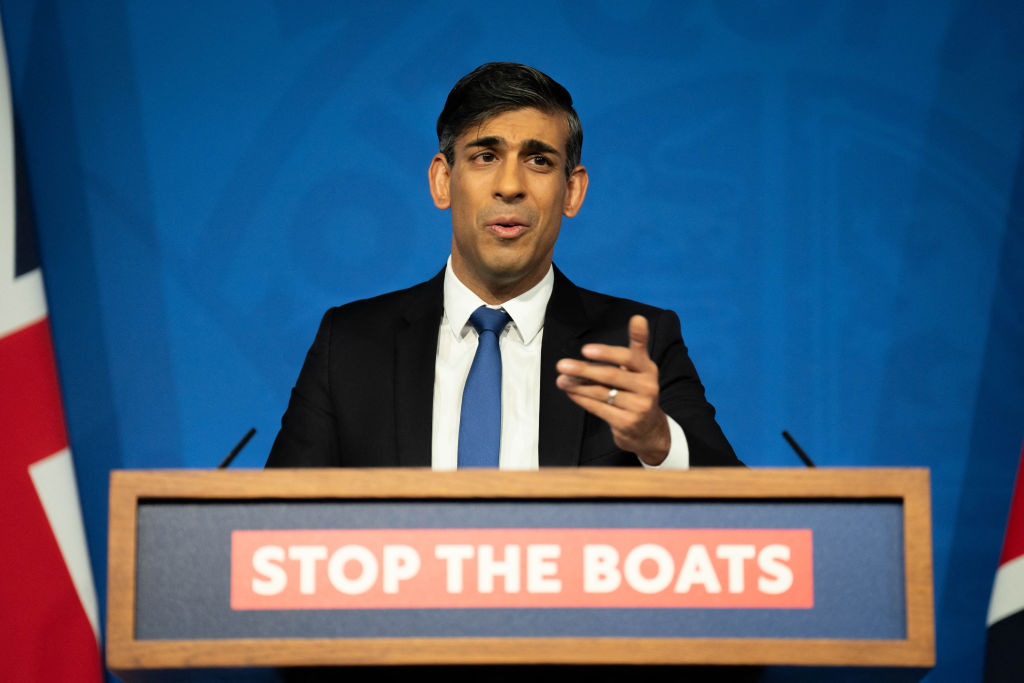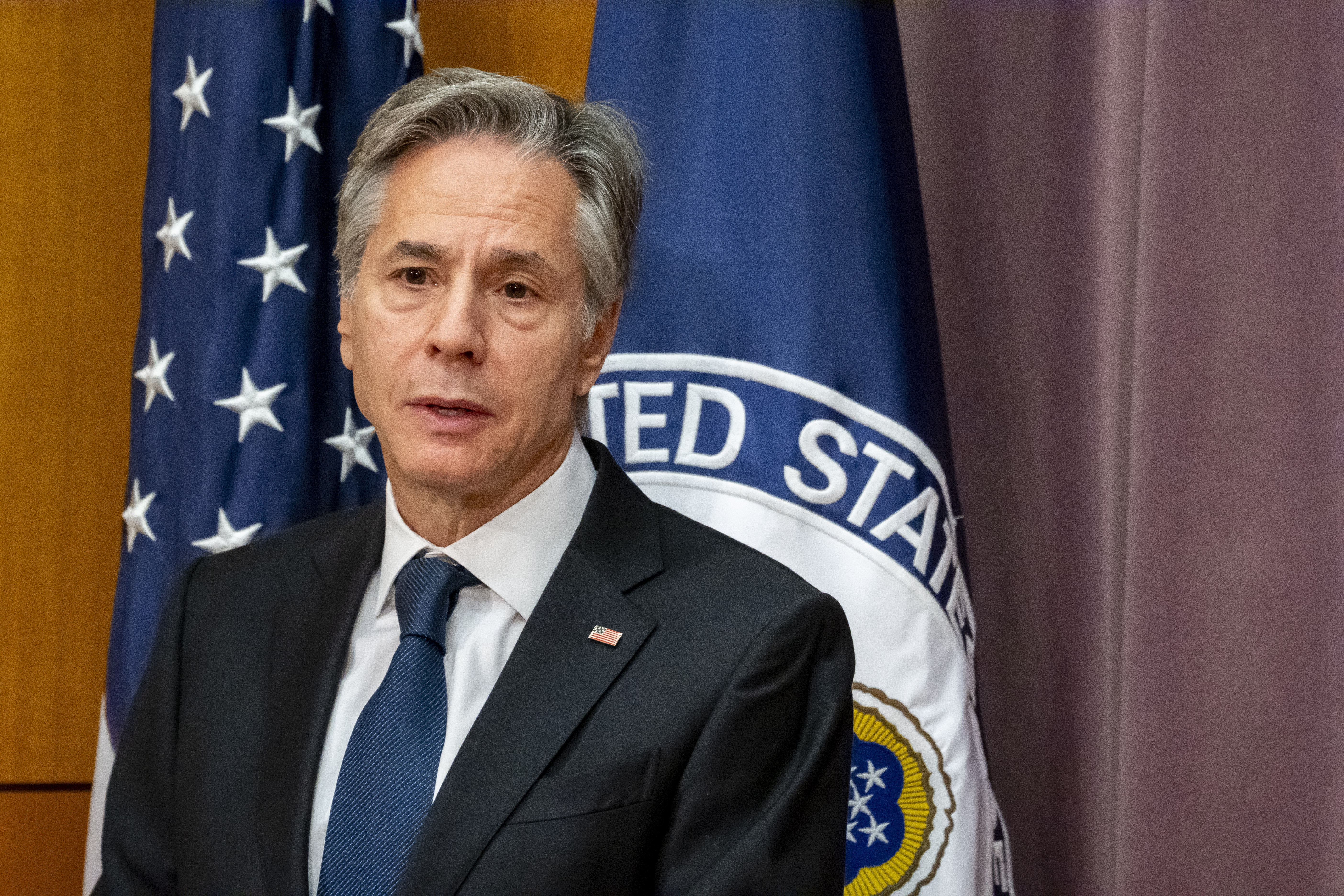
WASHINGTON — Secretary of State Antony Blinken on Sunday defended the emergency sale to Israel of nearly 13,000+ rounds of tank ammunition and also called for quick congressional approval of more than $100 billion in aid for Israel, Ukraine and other national security priorities.
Blinken said the needs of Israel’s military operations in Gaza justify the rare decision to bypass Congress. “Israel is in combat right now with Hamas,” he said during television interviews. “And we want to make sure that Israel has what it needs to defend itself against Hamas.”
[time-brightcove not-tgx=”true”]The tank ammunition and related support constitute only a small portion of military sales to Israel, Blinken said, and that the rest remains subject to congressional review. “It’s very important that Congress‘ voice be heard in this,” he said.
The decision to proceed with the sale of more than $106 million for tank shells came as the Biden administration’s larger aid package is caught up in a debate over U.S. immigration policy and border security.
Blinken noted that President Joe Biden has said he is willing to make significant compromises to get the aid package moving. “It’s something the president is fully prepared to engage on,” Blinken said.
Sen. Mitt Romney, R-Utah, said there is bipartisan agreement that something has to be done to address record numbers of migrants crossing into the United States from Mexico.
“We want to solve that, to secure the border. I just saw the president of the United States say that we’ve got to secure the border. He’s right. So, any effort that doesn’t do that will be rejected by Republicans,” Romney said.
The stakes are especially high for Ukraine, Blinken said, given that “ we are running out of funding ” for the Ukrainians.
“This is a time to really step up because if we don’t, we know what happens. (Russian President Vladimir) Putin will be able to move forward with impunity and we know he won’t stop in Ukraine.”
Congress already has allocated $111 billion to assist Ukraine, and Biden’s budget director, Shalanda Young, said in a letter this past week to House and Senate leaders that the U.S. will run out of funding to send weapons and assistance to Ukraine by the end of the year, which would “kneecap” Ukraine on the battlefield.
But Sen. JD Vance, R-Ohio, said the administration has yet to justify additional aid to Ukraine. “So what we’re saying to the president and really to the entire world is, you need to articulate what the ambition is. What is $61 billion going to accomplish that $100 billion hasn’t?” Vance said.
Sen. Chris Murphy, D-Conn., said the money would make a difference because Russia is struggling to fund its war effort. “It can change the outcome of this war,” Murphy said. “Because at the very same time that we are making a renewed commitment to Ukraine, Russia’s ability to continue to fight this war is in jeopardy.”
Romney said he also supports the aid to Ukraine. “My own view is that it’s very much in America’s interest to see Ukraine successful and to provide the weapons that Ukraine needs to defend itself. Anything other than that would be a huge dereliction of our responsibility, I believe, to the world of democracy but also to our own national interest,” he said.
Blinken appeared on ABC’s This Week and CNN’s State of the Union. Romney and Murphy were on NBC’s Meet the Press. Vance was on CNN.
source https://time.com/6344552/blinken-congress-israel-weapons-deal-ukraine-aid/
